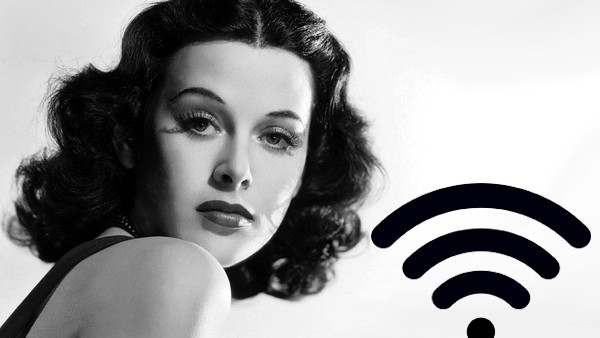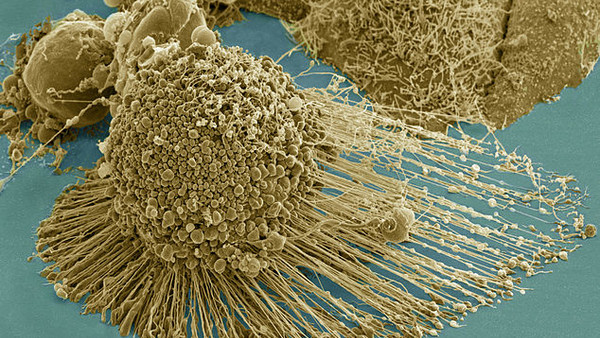10 Forgotten Historical Figures You Didn't Know Changed Your Life
Without these people you wouldn't be reading this on a phone, and you'd have polio.

We've all heard of Alexander Bell, Alexander Fleming, and Alexander the Great (this isn't just going to be about people named Alexander). These are people who in one way or another changed history. We celebrate them, build statues to them, we may not be able to recite the dates or the specifics but we can generally attribute some great feat to the name.
Conversely, there are a number of people whose contribution to the world has been left ignored, whether because they were a stepping stone to a greater innovation, or time has just chosen to remember others. And this is pretty sad.
If we are going to subscribe to a form of 'great man history' and look at specific people's impact we should do more than remember a few key facts, we should go deeper. And beyond that we should at least attempt to widen our pool of figures to learn about.
There may be more important people to the development of your life that are not on this list (there's a very small chance your mum appears on the list - it's doubtful though) but the following people have impacted so many of our day to day lives, it seems somehow unfair they're not more widely known, or even appreciated.
10. Henrietta Lacks: Immortal Cells

The people featured in these entries have one common element, they are all willing participants to their innovative change. Whether they were the first step to a greater innovation or one of many who worked to change the world they all knew -more or less- what they were doing.
Henrietta Lacks died never knowing how very important she was.
Lacks was a poor tobacco farmer from Southern Virginia she would later in life marry and move to Maryland. In January 1951, she was admitted to Johns Hopkins, still considered one of the best hospitals on Earth and coincidently the only hospital at that time that would admit black patients.
She was quickly diagnosed with cervical cancer and would die nine months later during treatment.
Unbeknownst to Lacks during her initial treatment a section of her tumour was biopsied and given researcher Dr. George Otto Gey. Upon study Gey noticed an unusual quality to Lack's cells, unlike other cells that perished in a few days hers wouldn't.
The cell line (later known as HeLa Cells) were invaluable for their supposed 'immortal' capability. Jonas Salk would use the cells during his research into a Polio vaccine, they've been used tens of thousands of patents have been registered using the HeLa cells as a base.
Without trying, without knowing Henrietta Lacks changed the course of science and would lead to innovations that would later save millions of live.